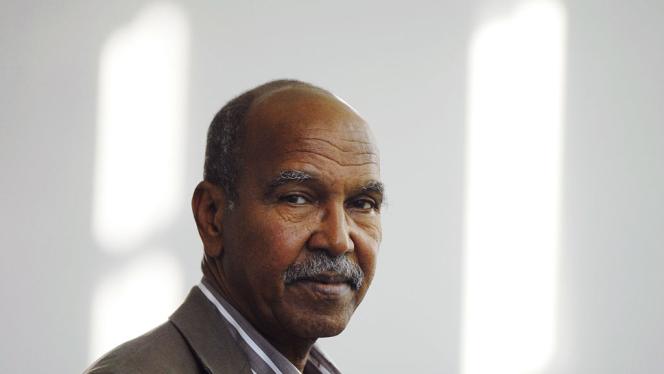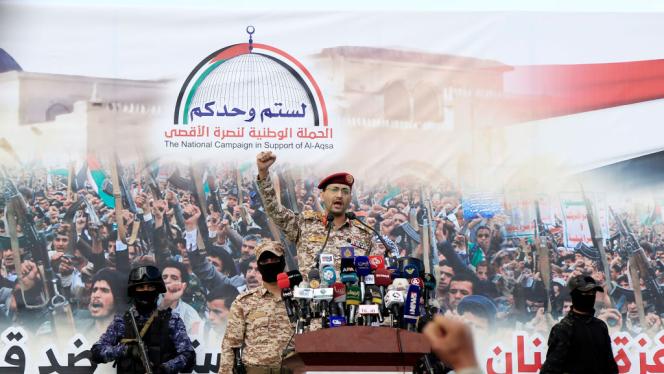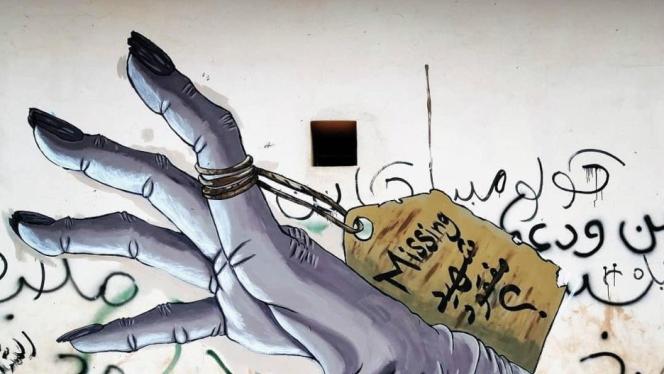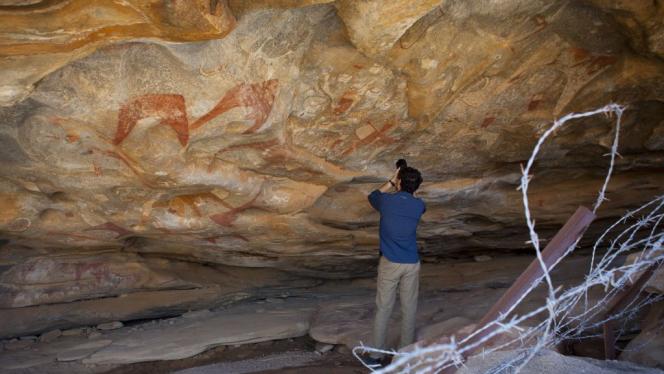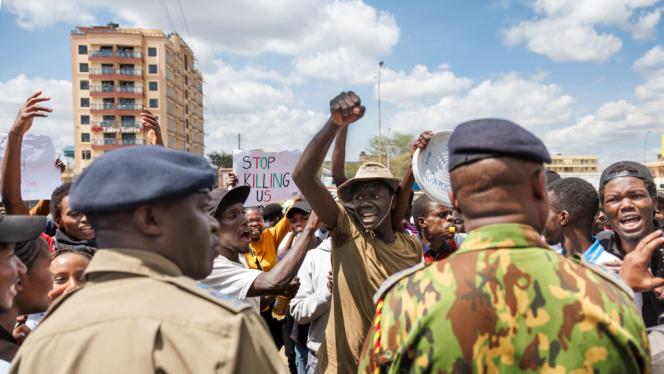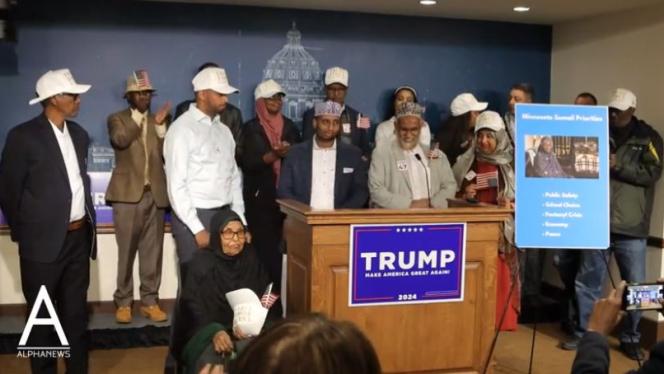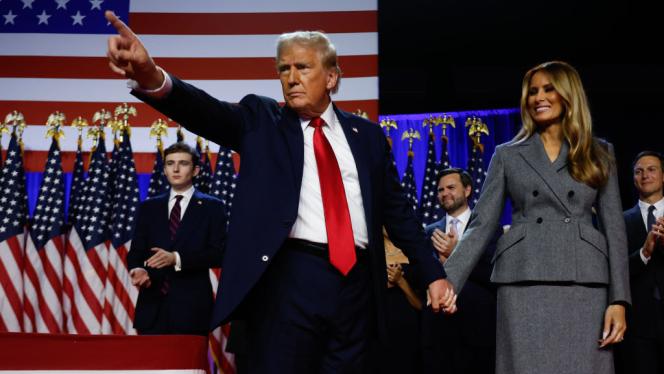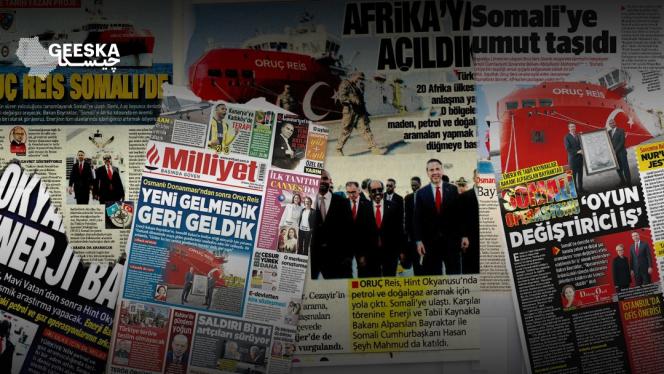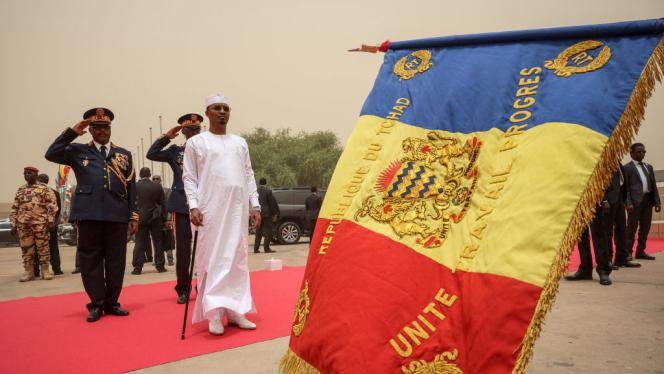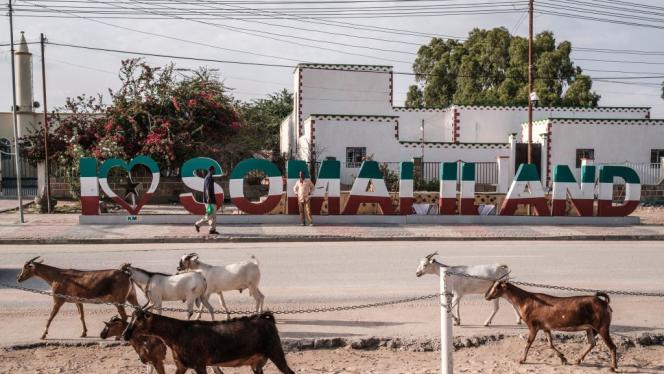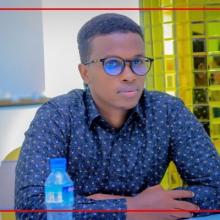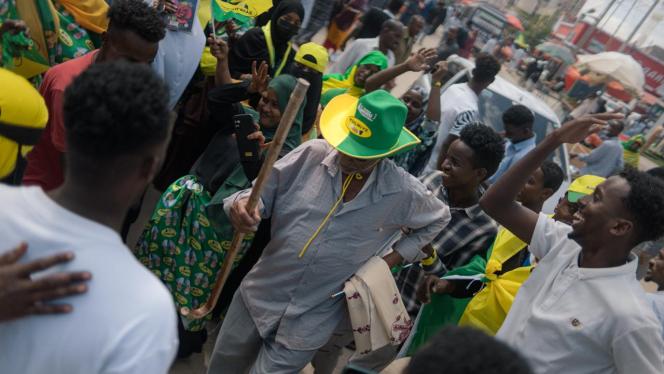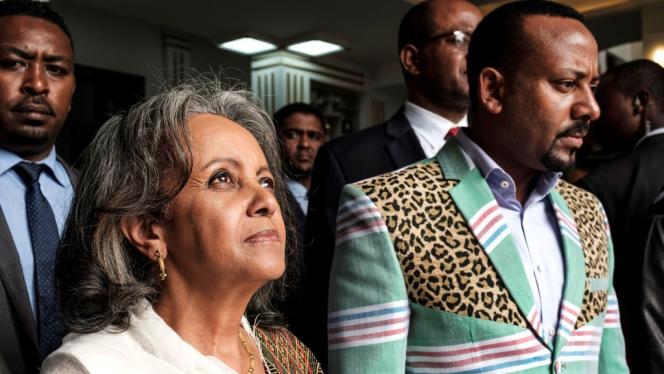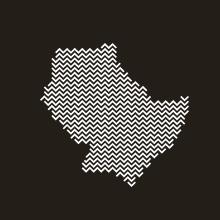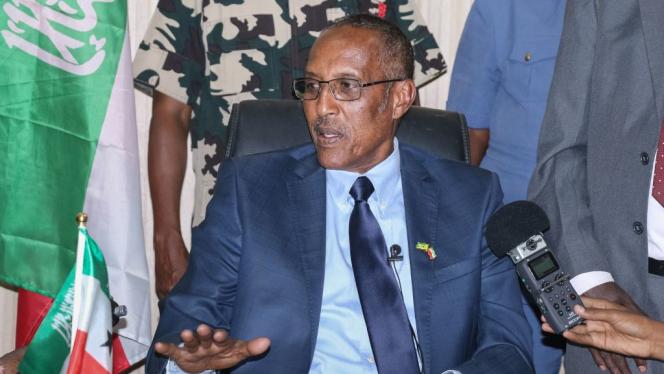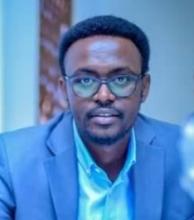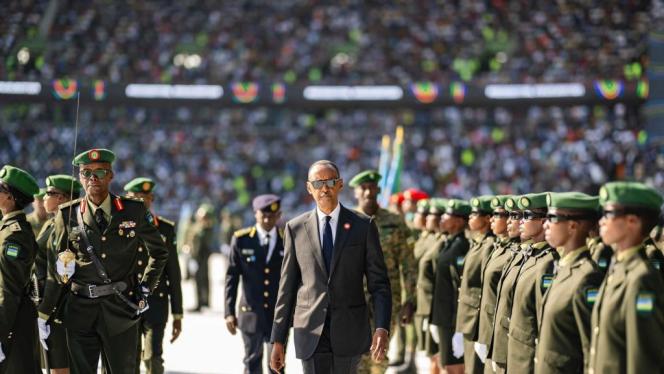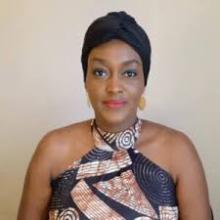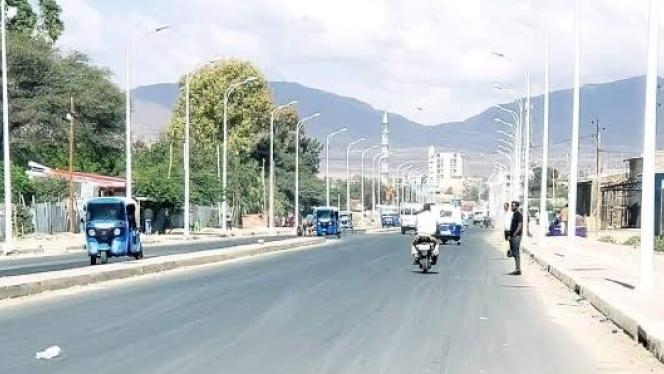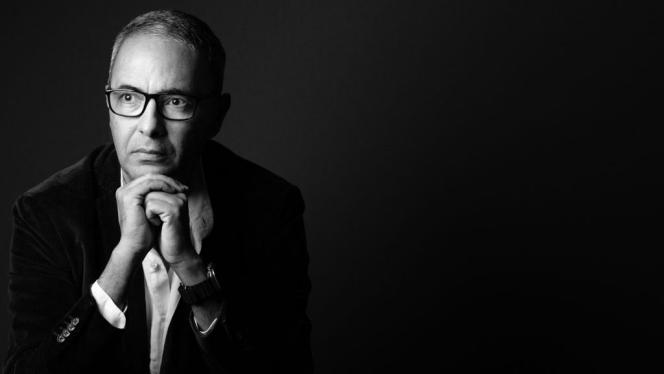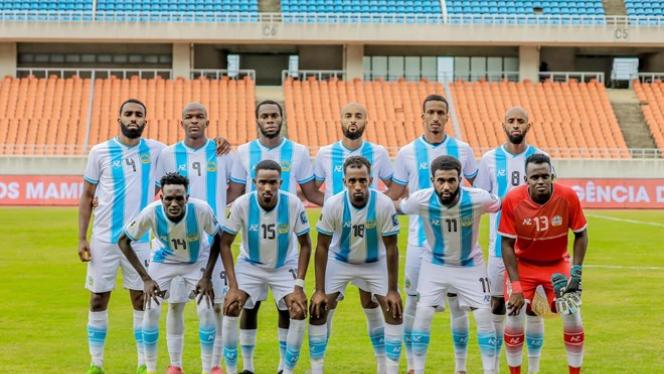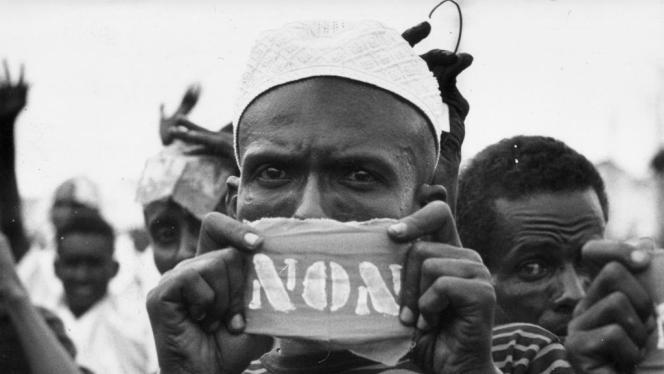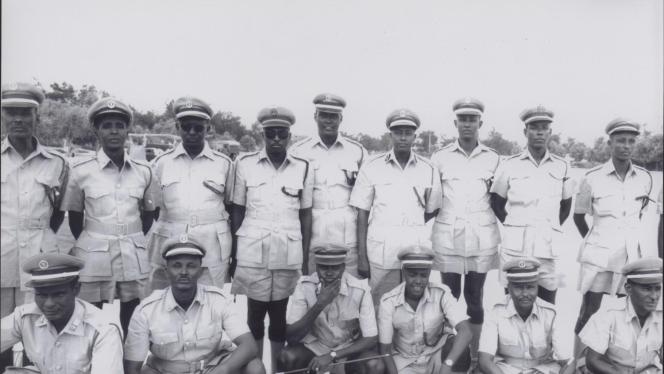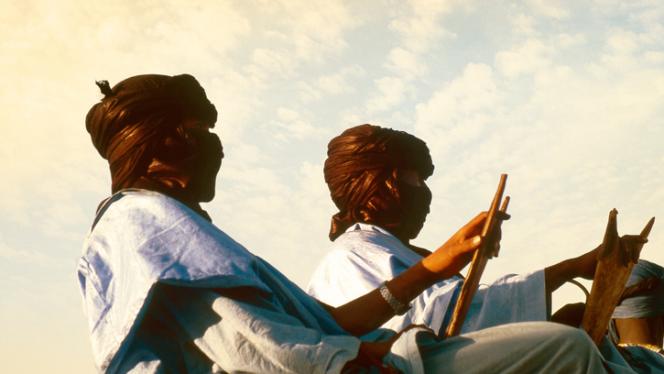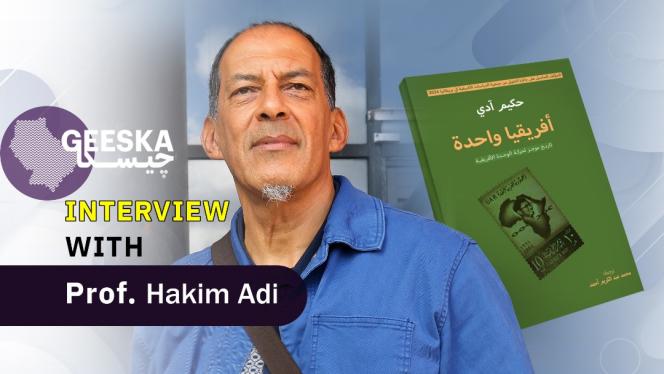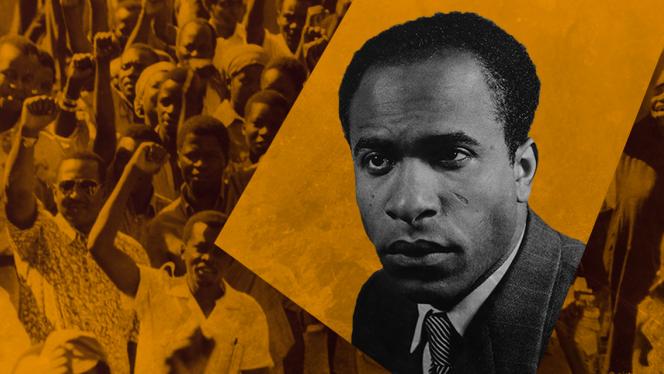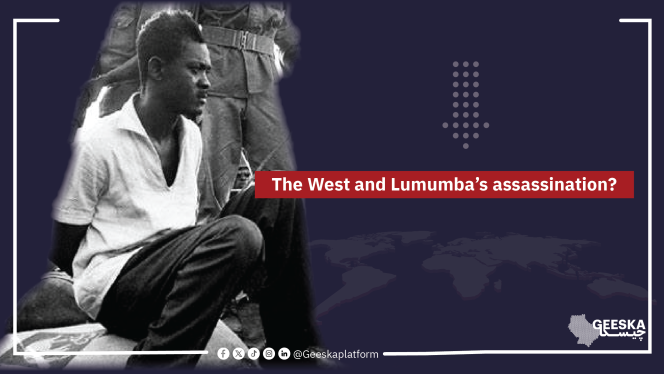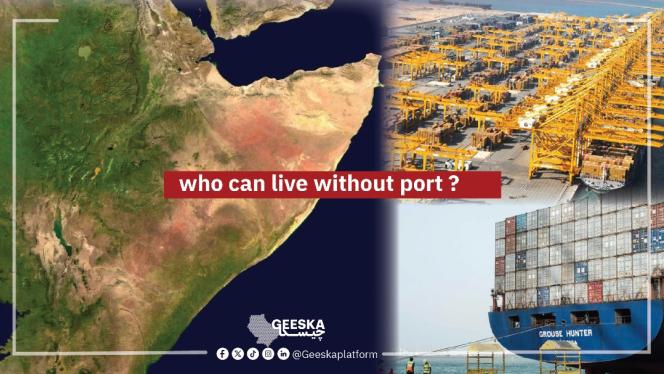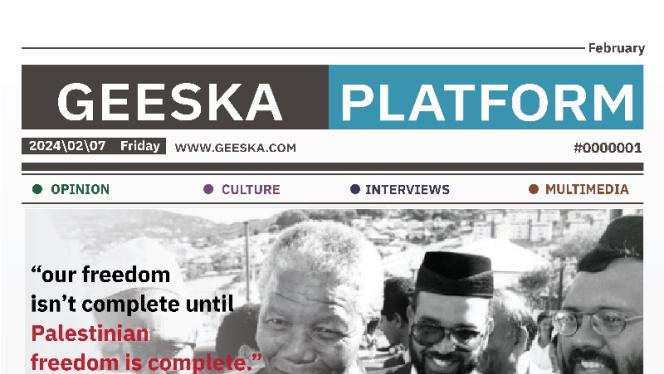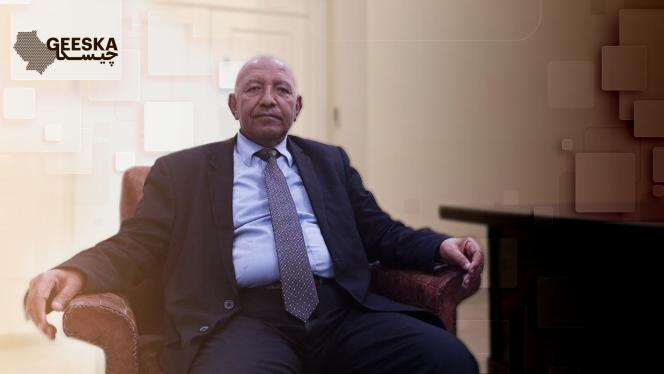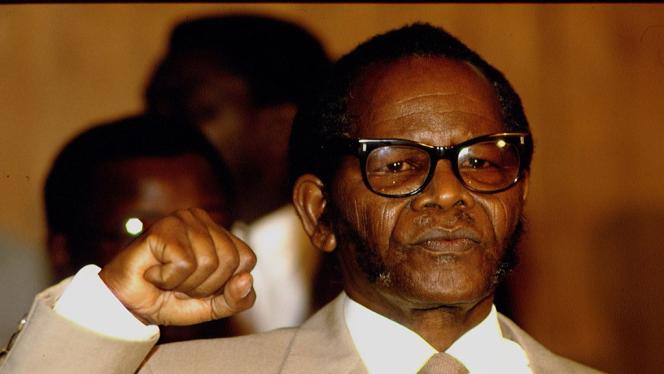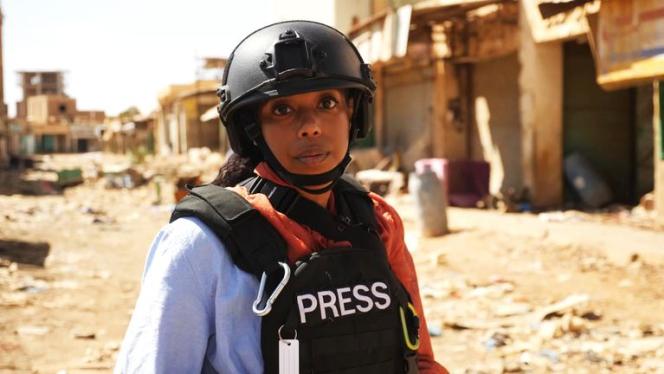Politics
Since June’s anti-finance bill protests, dozens of people remain unaccounted for—a stark reminder of the Kenyan state’s long history of abductions and assassinations.
More Somali voters turned out for the Republican party in this year’s election. But the swing wasn’t as great as some of the hype suggested.
Experts on the east Africa region share their expectations of Trump 2.0 on their countries of expertise.
Ebuzer Demirci reviews how Turkish media outlets covered the arrival of seismic research vessel Oruç Reis in Somali waters. The arrival of Oruç Reis in Somali waters, escorted by the Turkish navy, was met with tremendous enthusiasm in Somalia.
Chad and Sudan have historically been inseparable due to communities that straddle the borders of both countries. Chad’s role in Sudan’s civil war today is rooted in this history, but is also defined by a new geopolitical landscape. Chad’s involvement in Sudan’s ongoing conflict raises crucial questions about regional stability and shifting alliances under the leadership of Mohamed Idriss Déby, commonly known as Kaka.
Opinion
As Somaliland prepares for its 4th presidential election—a significant milestone—an old threat lurks: clan-based politics. Politicians are marshalling the clan, but it poses long-term threats to Somaliland’s cohesion and its institutions.
Somaliland has long valued its rare democratic ideals of wada-tashi iyo isu-tanaasul (consensus and compromise), but clan divisions and election delays now threaten this fragile progress.
Sahle-Work Zewde made history as Ethiopia’s first female president. Her legacy, however, will be defined by her selective outrage towards the violence of the Abiy era.
A second Bihi presidency poses a threat to democracy in Somaliland. The public must test his commitment to step down if he loses—and send him into retirement.
The world is slowly opening its eyes to how Paul Kagame’s regime abuses human rights, suppresses dissent, and exploits neighboring countries.
Culture
Ibrahim Osman writes about how Sudanese hip-hop defined a revolution and how a revolution defined it.
Through her journey to Somalia, Fardowsa Mohamed interrogates the power dynamics that grant western observers authority to report, and their tendency to view these territories through a colonial lens.
Somali writer Abdi-Rizak Warfa examines the challenges that Somalis in Ethiopia continue to face, despite gains in representation and the establishment of a Somali regional state.
This week, Kamel Daoud became the first Algerian to receive France’s most prestigious literary honor. Yet, in Algeria, no one seems to care.
Somalia has withdrawn from an Africa-wide football tournament for players still in their respective national leagues, citing a lack of funds, which raises important questions about the use of resources.
In 1980, Somali scholar and anti-imperialist psychiatrist Hussein Bulhan wrote a paper on the colonial partitioning of the Horn of Africa and its effects on the Somali psyche. He ambitiously attempted to sketch out its impact on the Somali mind and culture.
Tom Farer recalls his time in Mogadishu as a legal assistant and his friendship with Mohamed Abshir, who served as the commander of the Somali police before being ousted in the 1969 coup. In early September 1963, I found myself stepping off a plane onto the hot tarmac of Mogadishu’s airport. It was a quiet and barren place—just a strip of runway stretching between low dunes, with only a passing camel to bear witness. The rusted steps I descended seemed to belong to a forgotten world.
The kadamul, a Sahelian cloth that covers the head and face, is closely associated in Sudan with Arab militiamen and the RSF. However, it is also a shared part of the culture of desert tribes, many of which oppose the RSF. The kadamul, a large, colourful turban worn by supporters of the Sudanese Armed Forces from armed movements originating in the Darfur region (western Sudan), has sparked some confusion.
Multimedia
Professor Hakim Adi, the first professor of the history of African heritage in the UK, speaks to Geeska about Pan-Africanism, Africa’s relationship with China, and his belief in history as a tool for change.Professor Hakim Adi is a prominent British-Nigerian pan-African.
Why have I dedicated myself to this arduous task, you may wonder? Well, as Fanon himself eloquently stated in his treatise, “Each generation must discover its mission, fulfill it or betray it, in relative opacity.”
Stuart Reid’s new book, The Lumumba Plot, revisits Patrice Lumumba’s assassination, with strong insight into the role of the US in assassinating Lumumba and bringing down the government of one of Africa’s most iconic leaders.
Leaders across the Horn of Africa have touted the innumerable benefits of building ports for their people, putting them at the heart of their projects to develop their regions.
South Africa’s decision to take Israel to the ICJ on charges of genocide could cost his country, says former South African ambassador and anti-apartheid activist Ebrahim Rasool, but is an act of “enormous integrity”
Interviews
In 2008, Ahmed Ismail Samatar had a conversation with Nuruddin Farah, discussing a wide range of topics, from his journey into literature to state collapse and the responsibilities of Somali intellectuals.
Are the Houthis really working with al-Shabaab? Geeska speaks to Christopher Anzalone about the veracity of these reports which began emerging earlier this year.
Ibrahim Osman speaks to Adam Kamil, an academic and expert on the history of Islam in Ethiopia and its Muslim communities.
In 1973, Josie Fanon interviewed then-ANC president Oliver Tambo about Israel and apartheid South Africa. Originally printed in French, it is now available in English for the first time.In July 2021, the chair of the African Union Commission granted observer status to Israel. Several member states immediately condemned the decision, with South Africa and Algeria emerging as the most vocal opponents.
Sudanese-British journalist Yousra Elbagir speaks to Geeska about the challenges and complexities of covering over a year of conflict in her home country and the stories of resilience which have inspired her throughout. Yousra Elbagir is the Africa correspondent for the London-based British news channel Sky News. Over the past year, she has been one of the few journalists to regularly visit Sudan to report on the war there.
